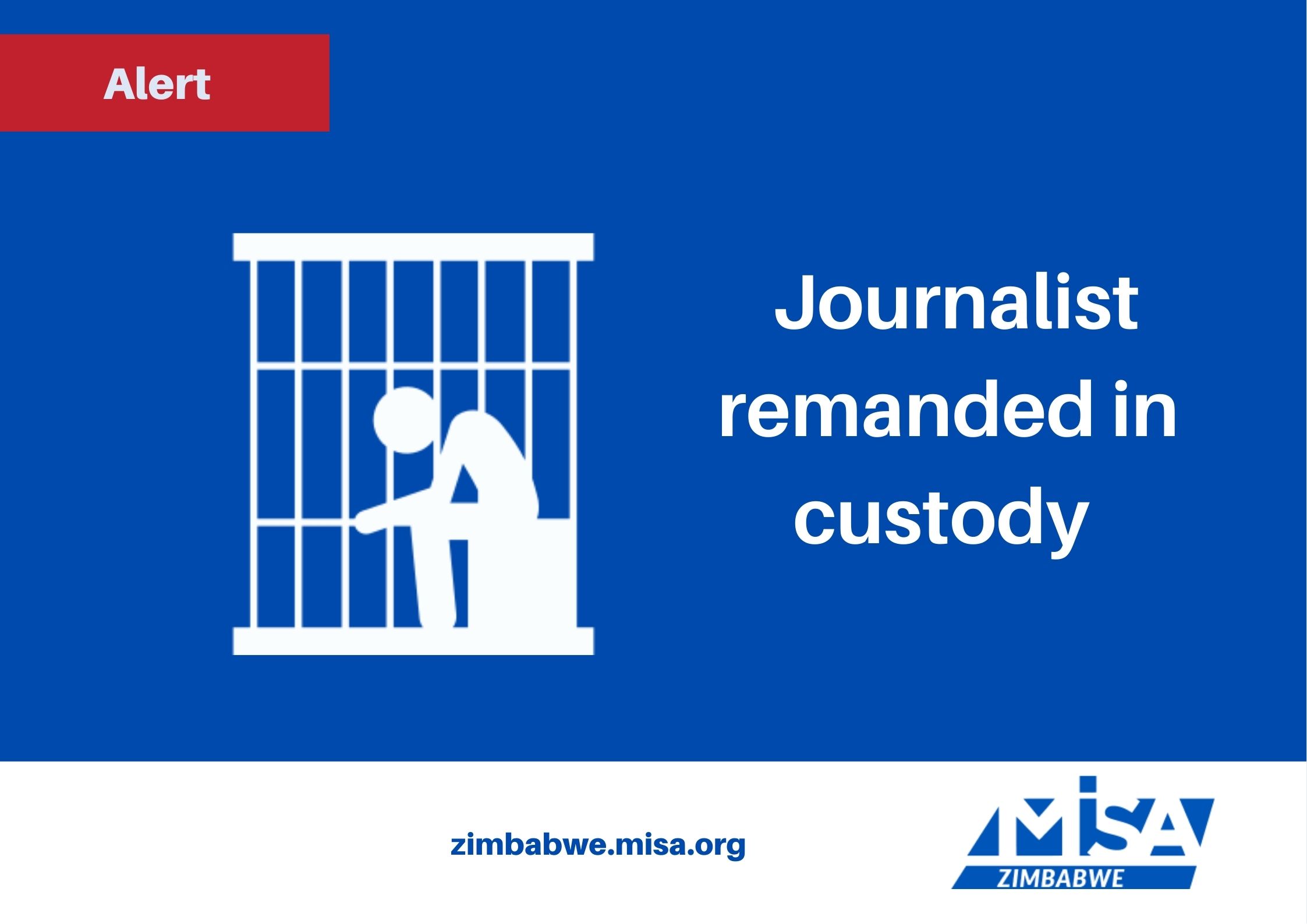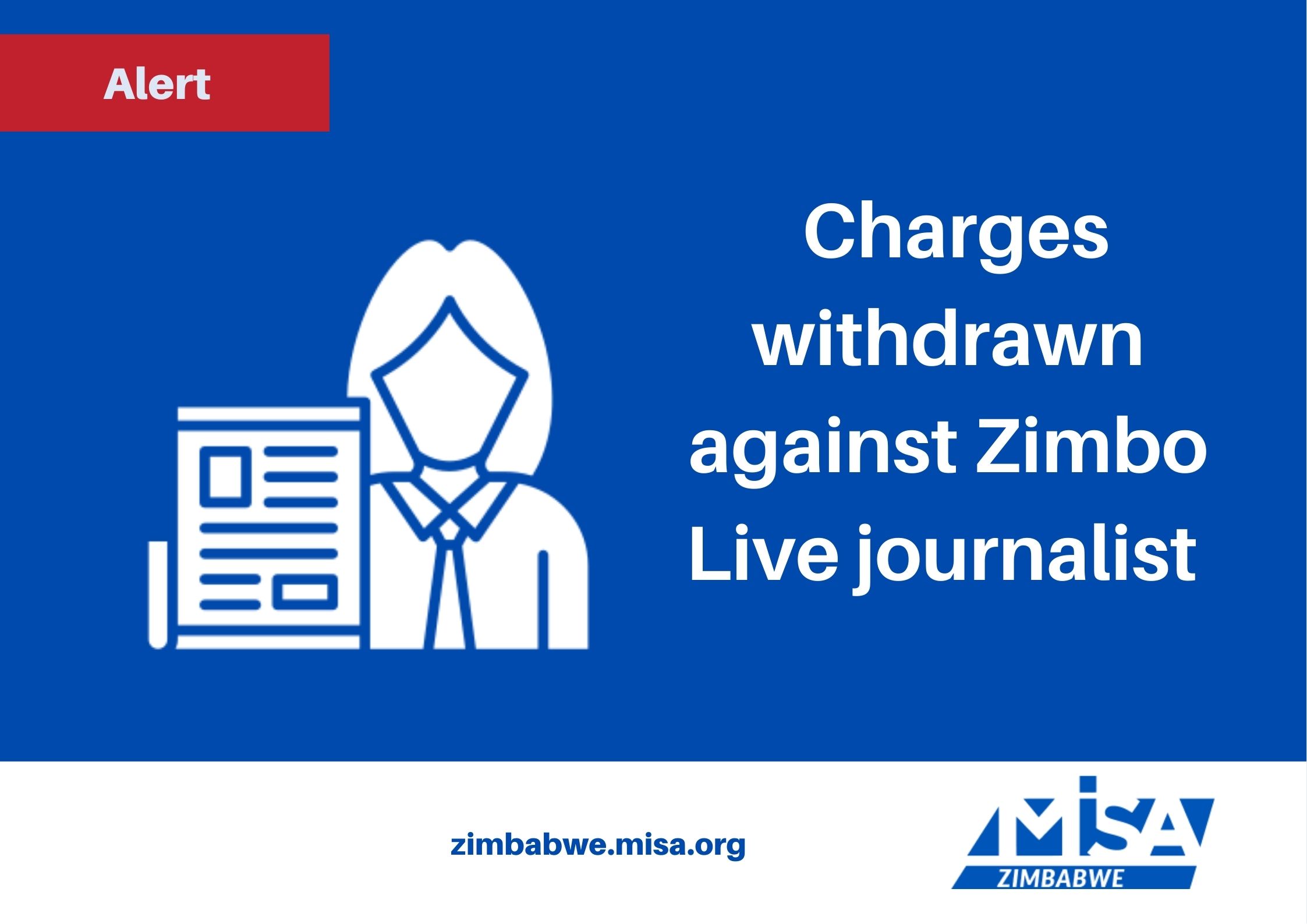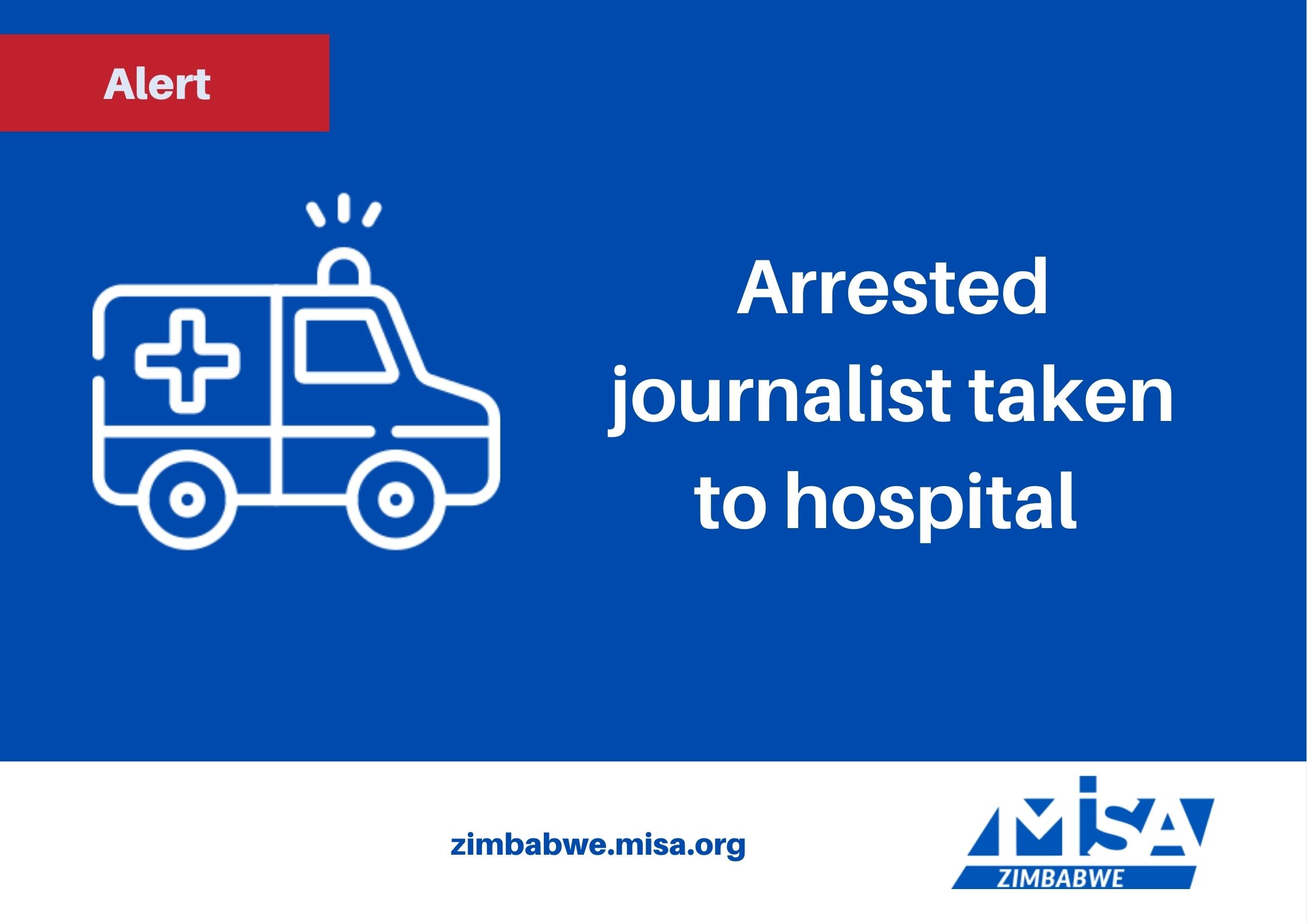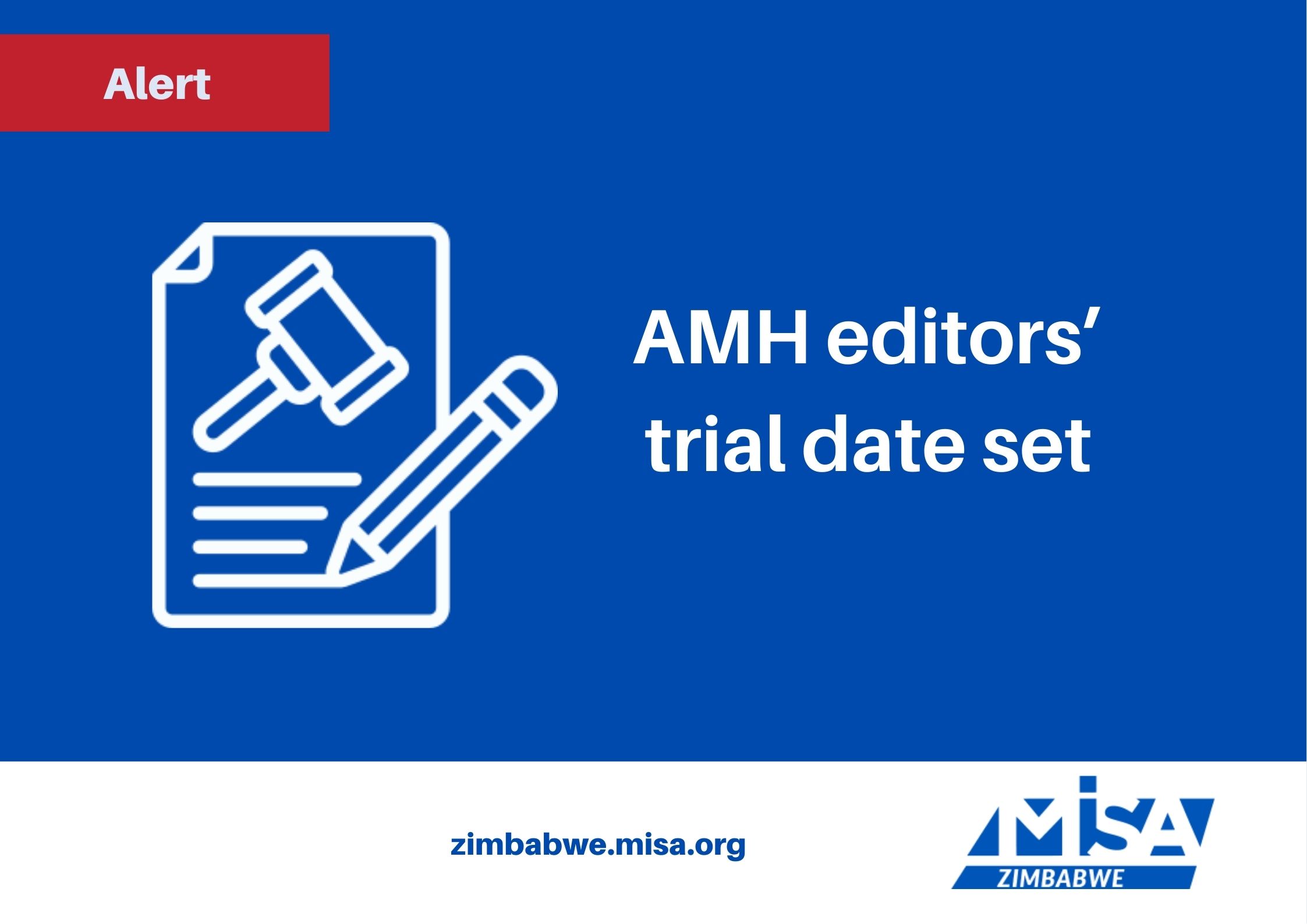The latest Reporters Without Borders (RSF) media freedom rankings are a mixed bag for Southern African countries, with some recording gains, while others slipped, an indication that more still needs to be done to improve media freedom in the region.
The RSF rankings look at pluralism, media independence, environment and self-censorship, legislative framework, transparency, infrastructure and abuses.
While some Southern African countries moved up and down the global rankings, only Botswana and South Africa recorded improved media freedom environments in their countries, according to the RSF methodology.
The most improved country in terms of media freedom ranking was Malawi, which moved up seven places from being ranked 69 in 2020 to 62 in 2021.
While a number of media violations were recorded in 2020, RSF noted that the enactment of the Access to Information law was a positive sign that the operating environment for the media was improving.
Zambia gained five places, moving to 115 from 120 in 2020. Despite the progress, RSF pointed out that as the country moves towards elections in August this year, the government has moved to restrict media freedom.
Just recently, Zambia enacted the Cyber Security and Cyber Crimes Act, which is widely seen as having a chilling effect on freedom of expression. Furthermore, an academic could be charged with sedition for an article that was published in a local newspaper.
Angola was also a notable gainer, moving three places up from 106 to 103. Botswana gained one place from 39 to 38, while Eswatini remained on position 141 while Tanzania remained unmoved at 124.
Mozambique, which was ranked 104 in 2020, fell to 108 in 2021. The country’s journalist, Ibrahimo Mbaruco, remains unaccounted for more than a year after he disappeared, with little indication that the government is doing much to locate him. An insurgence in northern Mozambique has seen an increase in media violations in that country.
Zimbabwe is another country that slid on the rankings, falling from 126 to 130.
While there have been some improvements such as the enactment of the Freedom of Information Act, the country recorded an upsurge in media violations.
The onset of the COVID-19 pandemic saw Zimbabwe tightening media regulations, with RSF reporting that Zimbabwe had “positioned itself between Nigeria and Uganda on the podium of Africa’s most repressive countries with regard to the coverage of the coronavirus crisis”.
Africa’s highest-ranked country, Namibia fell one place from 23 to 24, while Lesotho moved down two places from 88. South Africa fell one place from 32 to 31.
MISA position
MISA notes the gains that have been made by Southern African countries, but it is clear that more still needs to be done to ensure an improvement in media freedom across the region.
Countries such as Angola, Malawi and Zambia, which moved up the rankings, have shown that with the right approach, the operating environment for the media can be improved.
On the other hand, MISA is worried that countries like Tanzania and Zimbabwe fell sharply on the rankings. There is a lot more that needs to be done by these countries to ensure that the operating environment for the media is improved.
MISA calls on regional governments to use the RSF report and other reports produced by MISA such as the Southern Africa Press Freedom Report, to improve and strengthen the media policy and regulatory framework.













